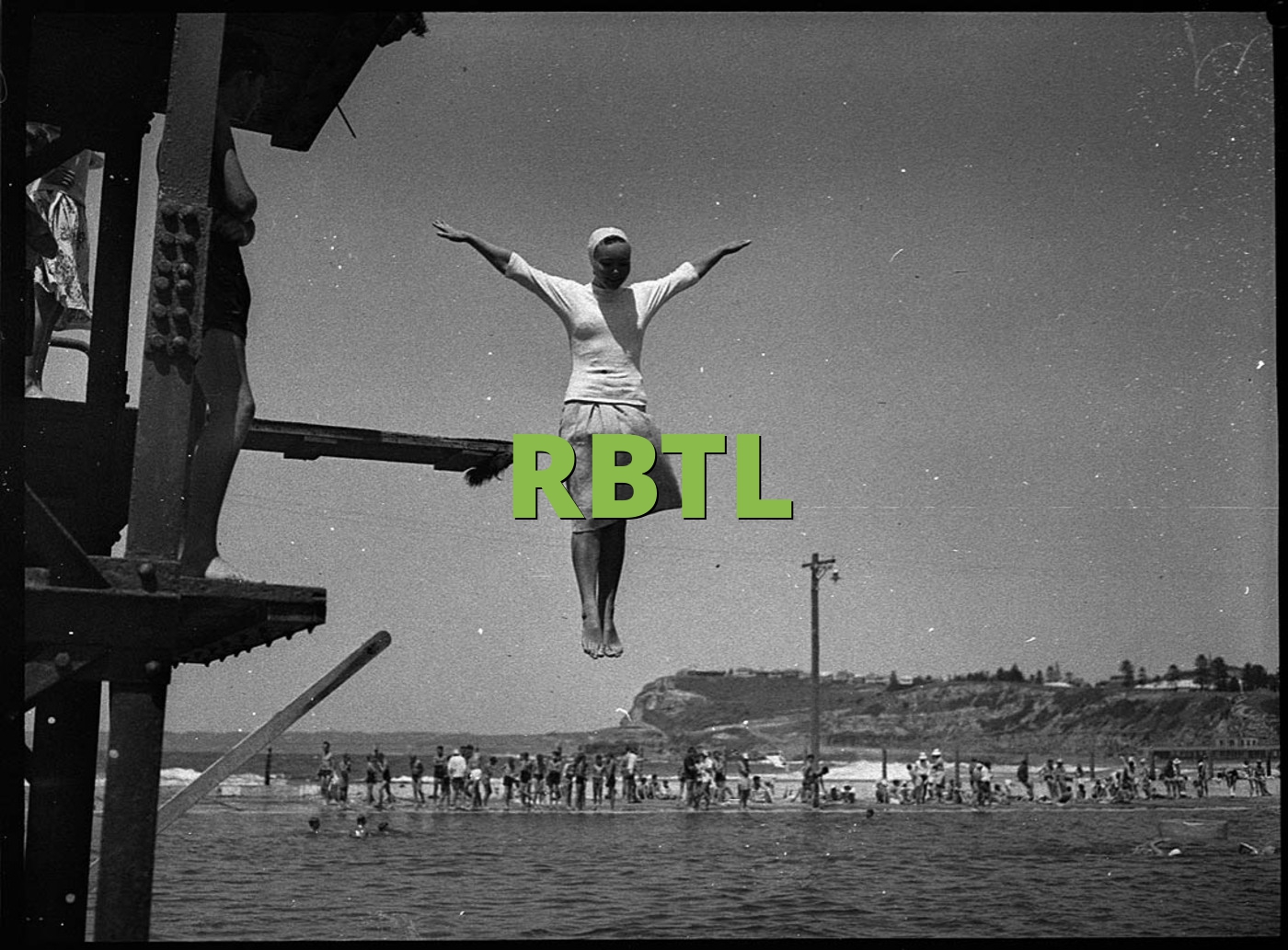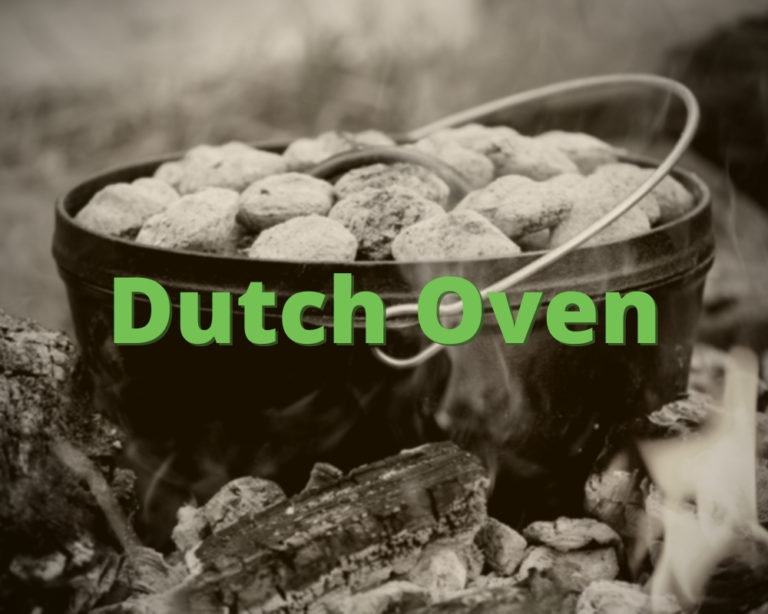Ever wondered what's a Dutch oven slang? Well, buckle up, because we're about to dive deep into the world of cookware jargon, kitchen mysteries, and some seriously delicious cooking techniques. If you've ever been in a cooking group or scrolled through cooking forums, chances are you've stumbled upon the term "Dutch oven" being thrown around like it's the holy grail of pots. But what exactly does it mean? And why is everyone raving about it? Let’s break it down for you.
A Dutch oven isn't just a fancy name for a pot—it's a game-changer in the kitchen. Think of it as the Swiss Army knife of cookware. It can slow-cook, braise, bake, and even fry! Whether you're making a hearty stew, baking artisan bread, or roasting a chicken, this versatile piece of equipment has got your back. So, let's explore why it's so beloved and uncover the slang behind it.
Now, if you're new to the cooking scene, don't sweat it. We're here to guide you through the ins and outs of Dutch ovens, their slang meanings, and why they're worth the hype. By the end of this article, you'll be ready to impress your friends with your newfound knowledge—or at least sound like a pro when someone mentions "Dutch oven" in conversation.
Read also:Hyungry Temporary Replacement 3 The Ultimate Guide You Need Right Now
What's a Dutch Oven Slang? The Basics
Let's start with the basics. A Dutch oven is essentially a heavy, lidded pot made from materials like cast iron or enamel-coated cast iron. It's designed for slow cooking, retaining heat, and evenly distributing flavors. But when people talk about "Dutch oven slang," they're often referring to the cultural or culinary jargon surrounding this iconic piece of cookware.
Here’s the deal: In cooking circles, "Dutch oven" isn't just a tool—it's a lifestyle. Some folks use the term to describe the act of cooking in one, while others might refer to it as a symbol of traditional, slow-cooked meals. There's even a humorous side to the term, where "Dutch oven" can mean something entirely different in certain contexts (we'll get to that later).
Why Dutch Ovens Are So Popular
There's a reason why Dutch ovens have become kitchen staples for home cooks and professional chefs alike. Here are a few reasons why they're so beloved:
- They're incredibly versatile. You can use them on the stovetop, in the oven, or even over a campfire.
- They retain heat exceptionally well, making them perfect for slow-cooking dishes like stews, soups, and braises.
- They distribute heat evenly, ensuring that your food cooks uniformly without hot spots.
- They're durable as heck. A well-maintained Dutch oven can last for generations.
But beyond their practical uses, Dutch ovens have become a symbol of comfort cooking. They're the go-to choice for creating those soul-warming meals that make you feel all cozy inside.
The History Behind Dutch Ovens
Before we dive deeper into the slang, let's take a quick trip back in time to understand the origins of Dutch ovens. Believe it or not, these bad boys have been around for centuries. The term "Dutch oven" dates back to the early 1700s, when a Dutch metalworker named Abraham Darby revolutionized the process of casting iron pots. His design became so popular that it spread across Europe and eventually made its way to the Americas.
In the 1800s, Dutch ovens became a staple for pioneers and settlers who needed a reliable way to cook over open fires. Their durability and versatility made them perfect for outdoor cooking, and they quickly became an essential part of American frontier life.
Read also:Dolly Parton Without Wig The Untold Story Behind The Iconic Look
Modern-Day Dutch Ovens
Fast forward to today, and Dutch ovens have evolved into sleek, stylish pieces of cookware that still pack a punch. While traditional cast iron Dutch ovens remain popular, enamel-coated versions have gained traction for their ease of use and resistance to rust. Brands like Le Creuset, Staub, and Lodge have become household names, each offering their own take on the classic design.
But no matter the brand or style, one thing remains true: Dutch ovens are here to stay. They've stood the test of time and continue to be a favorite among cooks of all skill levels.
Unpacking the Slang: What Does "Dutch Oven" Really Mean?
Now that we've covered the basics, let's talk about the slang. In cooking circles, "Dutch oven" is often used as shorthand for a specific type of cooking method. For example, if someone says, "I'm going to Dutch oven this chicken," they probably mean they're going to braise it in a heavy pot. Simple enough, right?
However, things get a little more interesting when you venture outside the culinary world. In some slang contexts, "Dutch oven" takes on a completely different meaning. For instance, in certain cultures, the term is used humorously (or not so humorously) to describe a prank where someone burps or farts under a blanket, trapping the smell for the other person. Yeah, we know—it's not exactly appetizing.
So, the next time someone mentions "Dutch oven" in a non-cooking context, you'll know exactly what they're talking about—or at least you'll have a good laugh.
Common Misconceptions About Dutch Ovens
There are a few myths and misconceptions surrounding Dutch ovens that we need to clear up:
- Myth #1: Dutch ovens are only for slow cooking. While they're fantastic for slow-cooked dishes, they can also be used for frying, baking, and even searing.
- Myth #2: They're too heavy to use. Yes, Dutch ovens can be hefty, but modern designs have made them more manageable. Plus, the weight is what helps them retain heat so well.
- Myth #3: You need to season them constantly. While cast iron Dutch ovens do require occasional seasoning, enamel-coated ones are pretty low-maintenance.
By busting these myths, we hope you feel more confident about using a Dutch oven in your kitchen.
How to Choose the Right Dutch Oven
With so many options on the market, choosing the right Dutch oven can feel overwhelming. Here are a few tips to help you make the best decision:
Material Matters: Cast iron Dutch ovens are durable and heat-retentive, but they require more maintenance. Enamel-coated options are easier to clean and resist rust, but they can be more expensive.
Size Matters Too: Consider how many people you typically cook for. A 5-6 quart Dutch oven is a good all-purpose size, but if you cook for larger groups, you might want to go bigger.
Look for Quality: Invest in a well-made Dutch oven from a reputable brand. It may cost more upfront, but it'll last you a lifetime.
Top Brands to Consider
Here are a few top brands to consider when shopping for a Dutch oven:
- Le Creuset: Known for their vibrant colors and high-quality enamel.
- Staub: Offers a matte finish and superior heat retention.
- Lodge: A classic choice for affordable, cast iron options.
No matter which brand you choose, make sure it meets your cooking needs and fits your budget.
Cooking Tips for Dutch Ovens
Now that you've got your Dutch oven, it's time to put it to work. Here are a few tips to help you get the most out of it:
- Preheat It: For best results, preheat your Dutch oven before adding ingredients. This ensures even cooking and prevents sticking.
- Use the Lid: The lid is your best friend when it comes to trapping moisture and flavor. Use it whenever possible.
- Don't Overfill: Leave enough room for your ingredients to move around and cook evenly.
With these tips in mind, you'll be whipping up delicious meals in no time.
Recipes to Try
Here are a few recipes to get you started:
- Classic Beef Stew: A hearty stew that's perfect for cold winter nights.
- Artisan Bread: Bake your own bread at home with stunning results.
- Coq au Vin: Impress your dinner guests with this classic French dish.
These recipes will help you showcase the full potential of your Dutch oven.
The Cultural Impact of Dutch Ovens
It's no secret that Dutch ovens have had a significant impact on cooking culture. From their humble beginnings as frontier cookware to their current status as kitchen icons, they've come a long way. Today, they're celebrated for their versatility, durability, and ability to create comforting, flavorful meals.
But beyond their practical uses, Dutch ovens have also become a symbol of tradition and heritage. Many families pass down their Dutch ovens from generation to generation, creating a sense of connection to the past. Whether you're using a brand-new pot or an heirloom piece, cooking with a Dutch oven is a way to honor the history and craftsmanship that went into its creation.
Why Dutch Ovens Matter in Today's World
In a world where convenience often trumps quality, Dutch ovens remind us of the value of slow cooking and mindful eating. They encourage us to take our time, savor the process, and appreciate the flavors that develop over hours of cooking. In a way, they're a rebellion against the fast-paced, instant-gratification culture that dominates modern life.
So, the next time you reach for your Dutch oven, remember that you're not just cooking a meal—you're participating in a tradition that spans centuries.
Conclusion: Embrace the Dutch Oven Lifestyle
In conclusion, Dutch ovens are more than just pots—they're symbols of tradition, versatility, and comfort. Whether you're using them to cook a hearty stew or bake a loaf of bread, they offer endless possibilities in the kitchen. And while the slang surrounding them might vary, one thing is certain: Dutch ovens are here to stay.
So, why not join the Dutch oven revolution? Invest in a quality pot, experiment with new recipes, and discover the joy of slow cooking. And if someone tries to pull a "Dutch oven" prank on you, just laugh it off and remind them how amazing real Dutch ovens can be.
Got any questions or comments? Drop them below and let's keep the conversation going. Happy cooking, y'all!
Table of Contents
- What's a Dutch Oven Slang? The Basics
- Why Dutch Ovens Are So Popular
- The History Behind Dutch Ovens
- Modern-Day Dutch Ovens
- Unpacking the Slang: What Does "Dutch Oven" Really Mean?
- Common Misconceptions About Dutch Ovens
- How to Choose the Right Dutch Oven
- Top Brands to Consider
- Cooking Tips for Dutch Ovens
- Recipes to Try
- The Cultural Impact of Dutch Ovens
- Why Dutch Ovens Matter in Today's World
- Conclusion: Embrace the Dutch Oven Lifestyle


